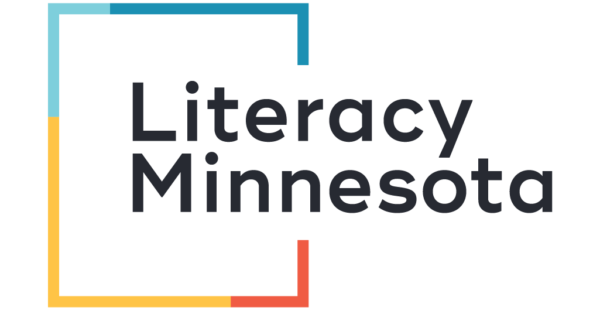Resources
Results
Tapping into Diverse Perspectives and Teaching Materials
Being a Warm Demander
Discovering Learners’ Funds of Knowledge
Why is DEI Important in our Adult Education Classrooms?
PBS LearningMedia for Science
Culturally Responsive and Sustaining Teaching in Adult ESOL
Social and Emotional Learning for Adult Multilingual Learners Toolkit
Center for Global Environmental Education (CGEE) – Hamline University
Differing Types of Workplace Credentials
To the girl in English class
Understanding Heteronormativity in Language Teaching Materials
Education Liberates
We Want to Do More Than Survive
Embracing Multilingualism and Eradicating Linguistic Bias
Culturally Responsive Teaching 101
Culturally Responsive Practices and Participatory Instruction in ABE
Lifeworks Disability Inclusion Resources
New Resources
Tapping into Diverse Perspectives and Teaching Materials
Being a Warm Demander
Discovering Learners’ Funds of Knowledge
Presenter Information
Get information about stipends, reimbursements, and other instructions for presenters.
MN ABE YouTube Channel
The MN ABE YouTube Channel is a free online PD resource that you can use to explore teaching techniques and classroom ideas in action! Find out more in this MN ABE Connect newsletter article.
Upcoming ABE Events
Racial Equity 101 Presented by Jimmie Heags
Registration Deadline: TUE. 8/6/24 Join presenter Jimmie Heags, Jr., MA, LSC, LPCC, LADC, ACS, for this session that exposes how race is defined and how racism impacts individuals and institutions. The session will provide learners with a framework for understanding and disrupting the attitudes and structures that perpetuate… Learn More
Volunteer Core Training Module 1: Overview of Minnesota Adult Education and Program Accountability
Registration Deadline: TUE. 8/6/24 Participants learn about Adult Basic Education programming in Minnesota, demographics of learners, instructional content standards as well as initial and on-going assessment. This session wraps up with learner motivations, barriers and persistence. Learn More
Volunteer Core Training Module 2: Understanding Adult Learners
Registration Deadline: TUE. 8/13/24 Participants develop their personal cultural awareness and learn how expectations around school culture shape how people teach and learn. Guiding principles for effectively delivering instruction to adults are also covered. Finally, participants increase their sensitivity to the challenges of learning English and developing literacy… Learn More
